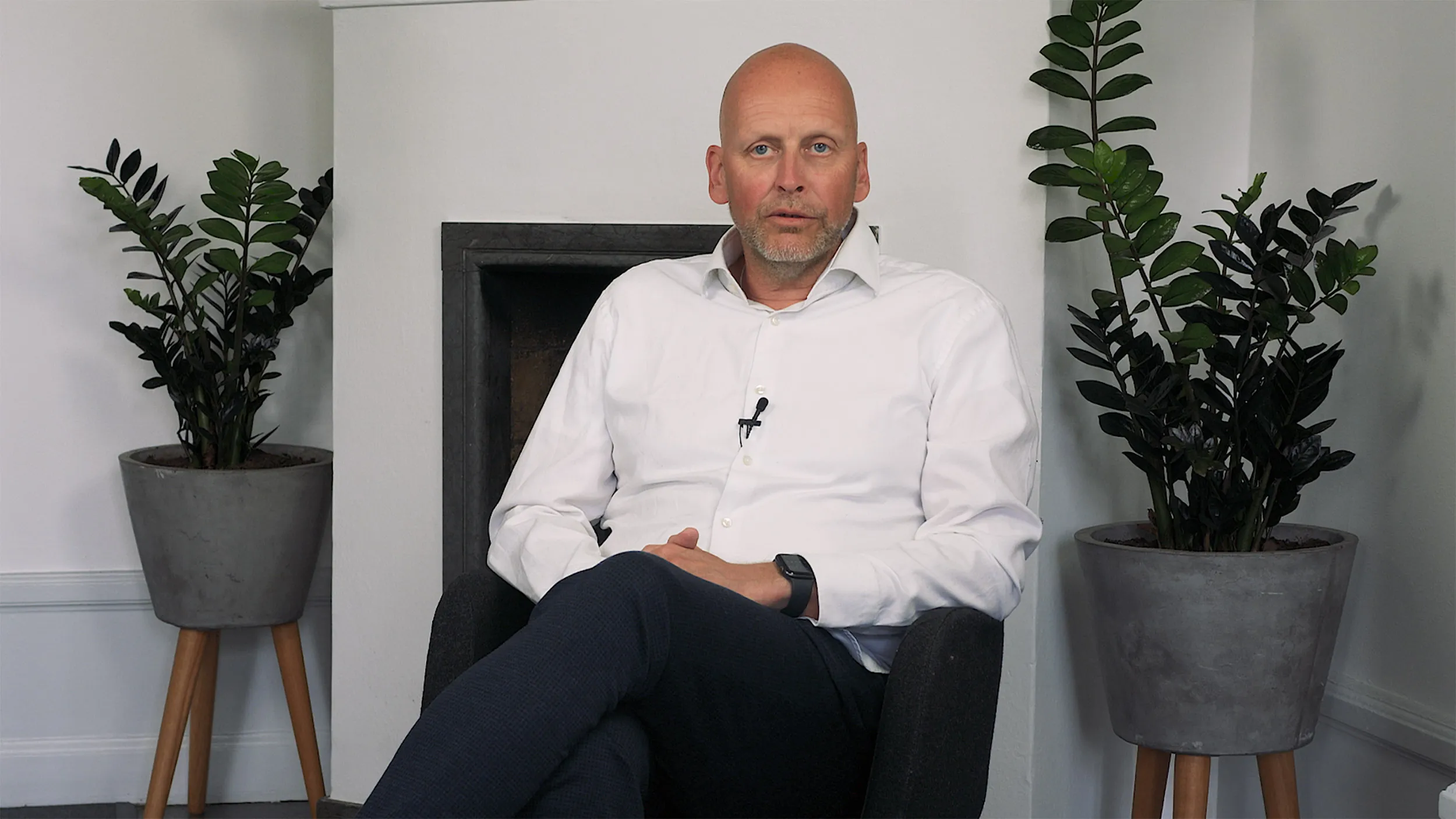Image Sensing Systems (ISS) has amended its agreement with its long-time partner, Econolite Control Products, to expand the exclusive North American manufacturing and distribution agreement to include the RTMS radar product line effective in 2012 after a short transition period.
April 24, 2012
Read time: 2 mins
"This is the final stage in our RTMS (radar) acquisition integration process for North American sales, and, in conjunction with the planned introduction of our hybrid product in the first quarter of 2012, aligns directly with one of our primary strategic goals; namely, a focus on organic sales and income growth,” said Ken Aubrey, CEO of ISS. “For over twenty years we have reaped the rewards of the Econolite exclusive agreement for Autoscope products; now our RTMS products will enjoy the same benefits.”
Sales of RTMS through Econolite will be recognised under a profit sharing method similar to that of Autoscope sales and reported as royalties (but no longer as gross revenues). Sales of RTMS in North America were $6.4 million in 2010 and $4.5 million through the first nine months of 2011. Certain ISS sales and sales support employees will transfer to Econolite as part of the transition. As with Autoscope, ISS will retain all intellectual property rights and be responsible for research and ongoing development of RTMS.
"Econolite is delighted to add the RTMS product suite to our already highly successful Autoscope agreement with ISS,” said David St. Amant, COO of Econolite. “We are certain that this will broaden and further enhance our constantly growing ITS footprint, and in addition bolster our concerted efforts to provide transportation agencies with reliable detection solutions."








